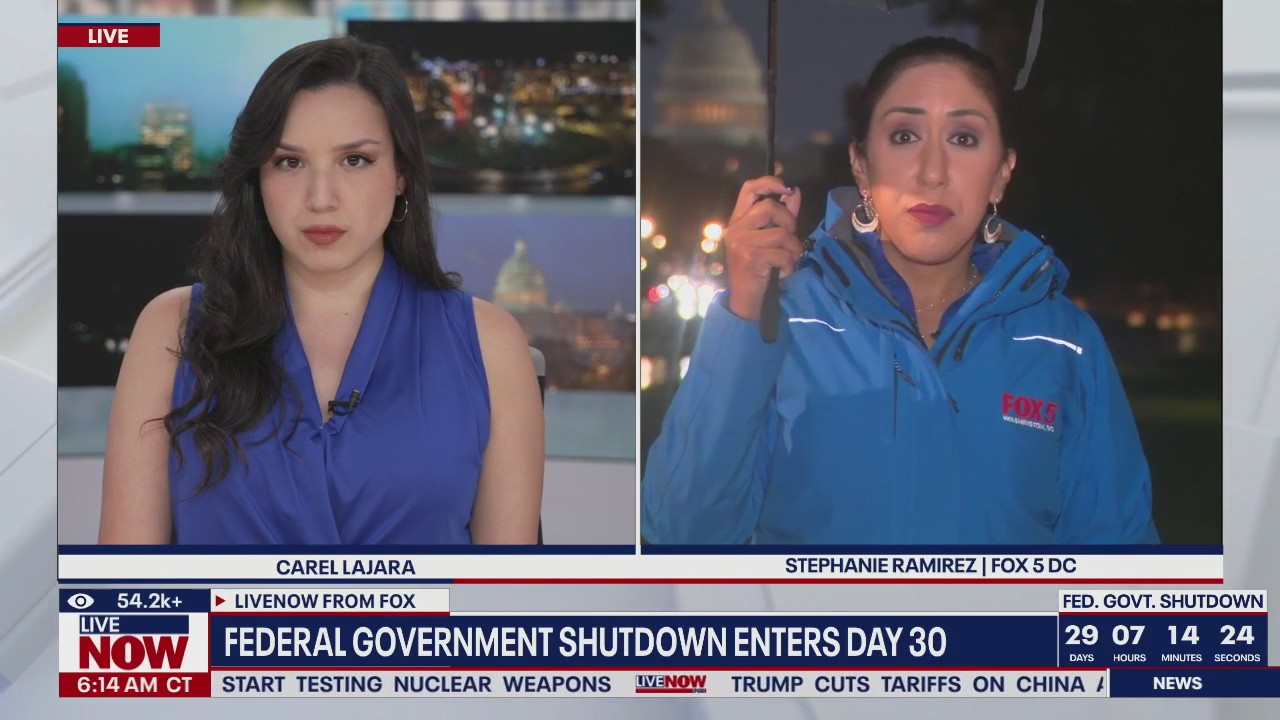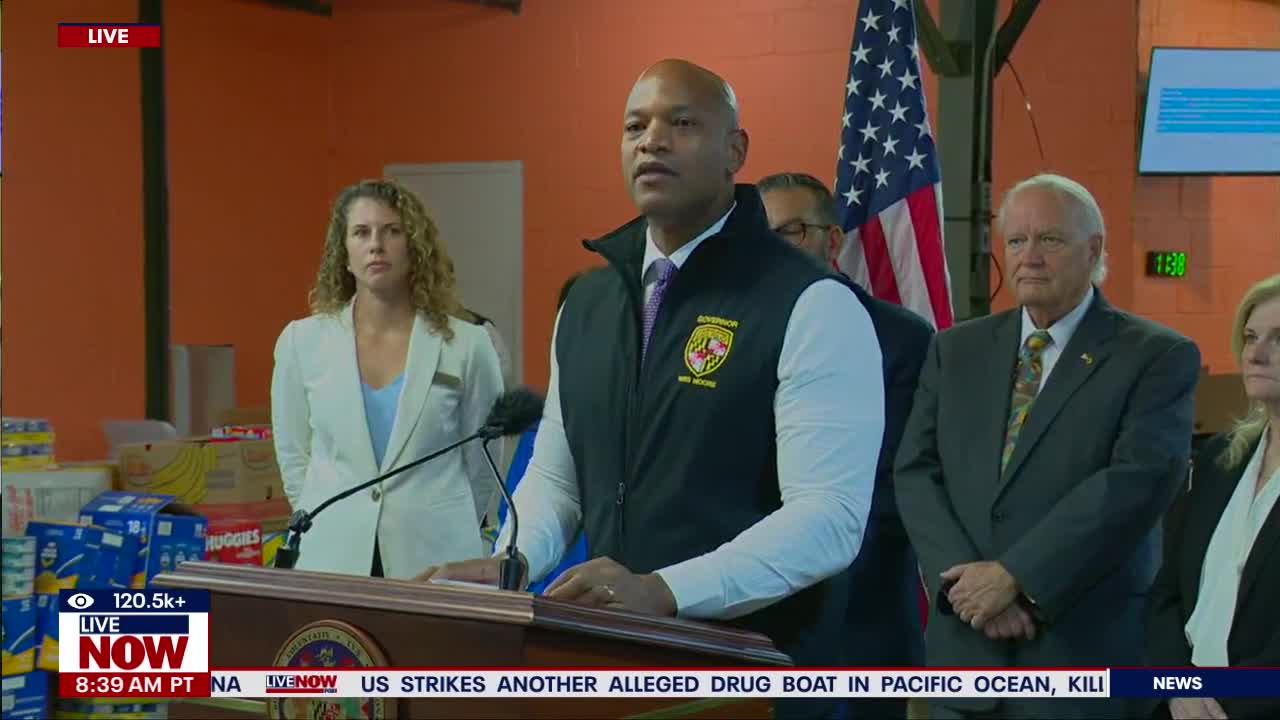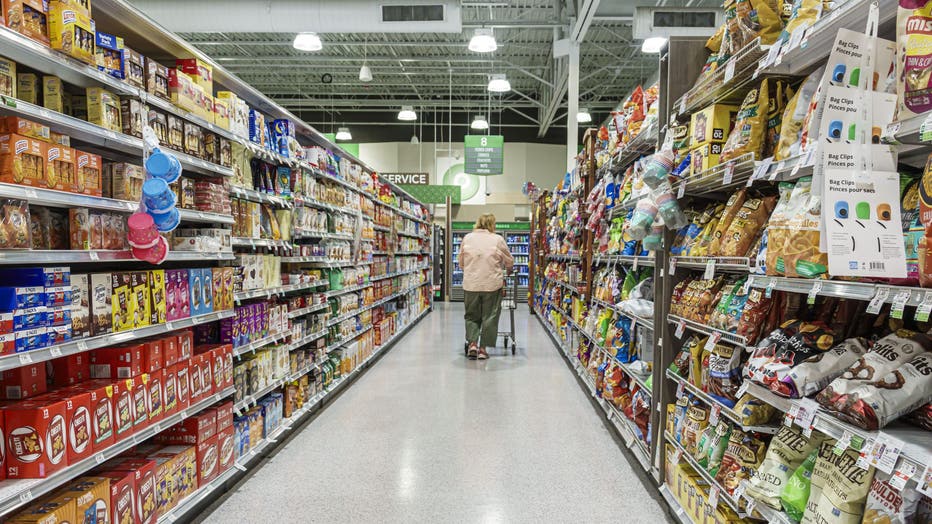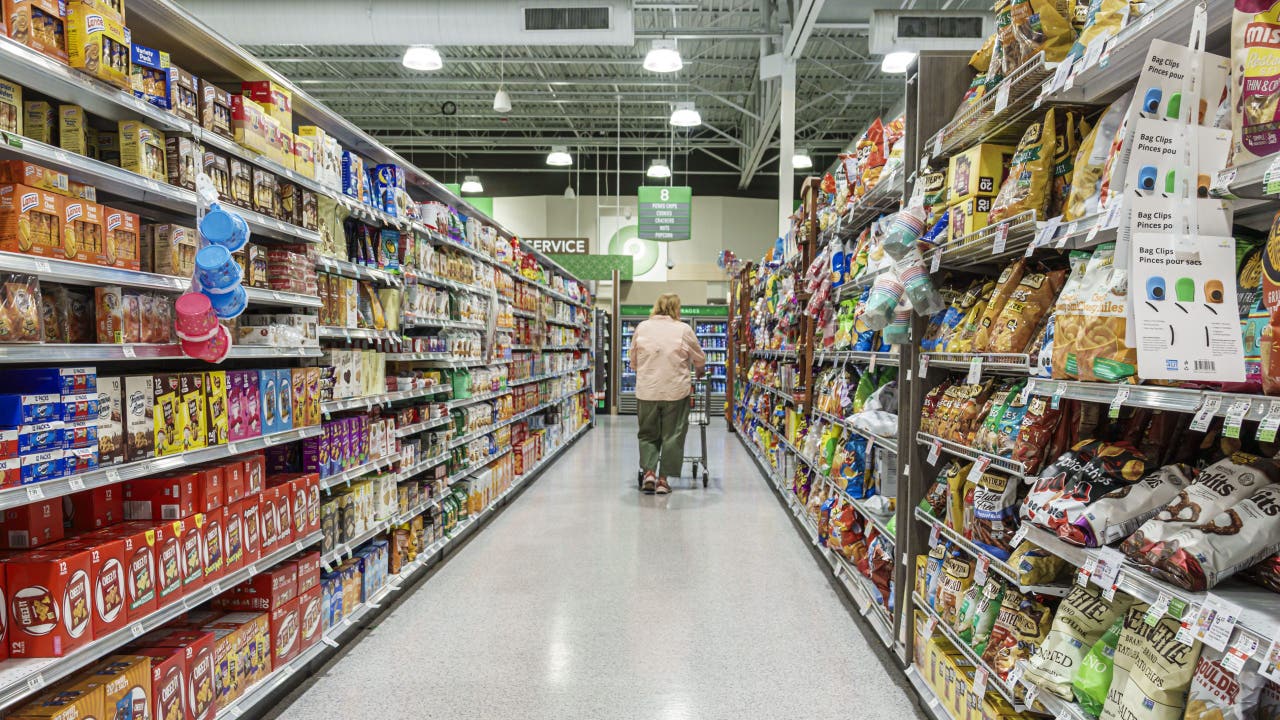 SNAP benefits set to expire for millions
SNAP benefits set to expire for millions
As the federal government shutdown continues, millions of Americans are set to lose benefits provided by the Supplemental Nutrition Assistance Program, or SNAP. LiveNOW from FOX’s Carel Lajara was joined by FOX 5 DC’s Stephanie Ramirez to discuss how people are reacting and what local governments are doing to help anyone in need.
Payments to the Supplemental Nutrition Assistance Program (SNAP) could be suspended starting Saturday if the government shutdown continues or a judge doesn’t step in to stop the cuts.
The program, which costs around $8 billion a month and serves about 1 in 8 Americans, is a major piece of the nation’s social safety net. It would be the first time in the program’s history that payments would be suspended.
Ahead of the Nov. 1 deadline, some states are taking action to protect food assistance for their most vulnerable residents.
Why are SNAP payments being suspended?
What they’re saying:
The Trump administration said it’s not allowed to use a contingency fund with about $5 billion in it for the program, despite an earlier plan that would have tapped the money to keep SNAP running amid the shutdown.
The other side:
Democratic state attorneys general or governors from 25 states, as well as the District of Columbia — filed a lawsuit challenging the suspension of payments. They argue that not only could that contingency money be used, it must be. They also said a separate fund with around $23 billion could be tapped.
RELATED: Here’s how many people receive SNAP benefits in your state
Thursday marked 30 days since the federal government shut down.
What’s next:
A federal judge in Boston is hearing arguments from the states that filed suit. She’s expected to issue a ruling later Thursday, indicating that any ruling she makes will apply nationwide.
Which states will provide SNAP benefits amid shutdown?
Local perspective:
The following states will provide funding for SNAP benefits if the federal government stops paying:
Connecticut: The state will spend $3 million to partially supplement SNAP benefits, according to WHSU, but the allocation isn’t anywhere near the $72 million a month Connecticut receives from the federal government for food stamps. Louisiana: Nearly one in five residents receive SNAP benefits in Louisiana. Lawmakers authorized $150 million in state funding Wednesday to help avoid Saturday’s expected interruption. Republican Gov. Jeff Landry backed a bipartisan measure to allow most of the state’s nearly 800,000 SNAP recipients to receive their full monthly benefit amount. The effort will likely exclude “able bodied” adults who aren’t caring for children or don’t share a household with elderly or disabled members — about 53,000 recipients.New Mexico: Gov. Michelle Lujan Grisham announced Wednesday that her state will provide $30 million in emergency food assistance to residents through EBT cards, backfilling SNAP benefits temporarily. In New Mexico, 21% of the population relies on SNAP — the highest rate in the nation. Officials said the benefit would cover about 30% of what residents usually see at the start of the month. The emergency funding is expected to last about 10 days. House Speaker Javier Martínez said the Legislature is positioned to approve more if necessary because “children going without basic food staples is an emergency.”Vermont: Republican Gov. Phil Scott and Democratic legislative leaders approved using $6.3 million in state funds to cover 15 days of SNAP benefits and provide $250,000 to food banks. The Legislature had previously put $50 million aside for such emergencies.Rhode Island: The state says it will funnel reserve federal welfare funds directly onto the debit cards issued to people who buy groceries with SNAP.New York: Gov. Kathy Hochul is trying to direct $30 million in state funds to cover food assistance.Nevada: Gov. Joe Lombardo is seeking $30 million to fund food benefits.
In Hawaii, lawmakers set aside $100 million to help low-income families with housing and utility payments to offset the loss of SNAP benefits, according to Hawaii Public Radio.
RELATED: SNAP benefits gone? How to get free or discounted groceries
States including Colorado, Maryland, Minnesota and West Virginia plan to boost funds to food pantries to help people who need food.
 Which states will not provide SNAP benefits amid shutdown?
Which states will not provide SNAP benefits amid shutdown?
As of Thursday, several states have not taken action to protect SNAP benefits, including Alabama, Texas, Kansas and Florida.
In Nebraska, the state Department of Health and Human Services announced it would pause SNAP benefits starting Friday. It said it is “actively coordinating with food banks, nonprofit partners, and community organizations,” and listed area food banks for those seeking help.
SNAP benefit delays
Dig deeper:
Delays in benefits are nearly certain for most beneficiaries whose debit cards are replenished early in the month — even in states that are planning to pay for benefits or if a judge orders the federal government to load the cards immediately.

In California, for instance, there will be a one-day delay in benefits available for every day after Oct. 23 that the process of putting money on cards hasn’t begun. That means that if a judge orders the program to continue on Thursday, the first cards would likely not be ready until around Nov. 10.
Why you should care:
Christopher Bosso, a Northeastern University professor of public policy and political science who has published a book about SNAP, said even a delay would be deeply felt. Beneficiaries often stock up on groceries at the start of the month, and stores often hold sales that encourage shoppers to do so.
“We’re about to find out how much this program matters, in ways that people hadn’t realized,” Bosso said.
The Source: This article includes information from The Associated Press, Hawaii Public Radio, WHSU and previous FOX TV Stations reports.

